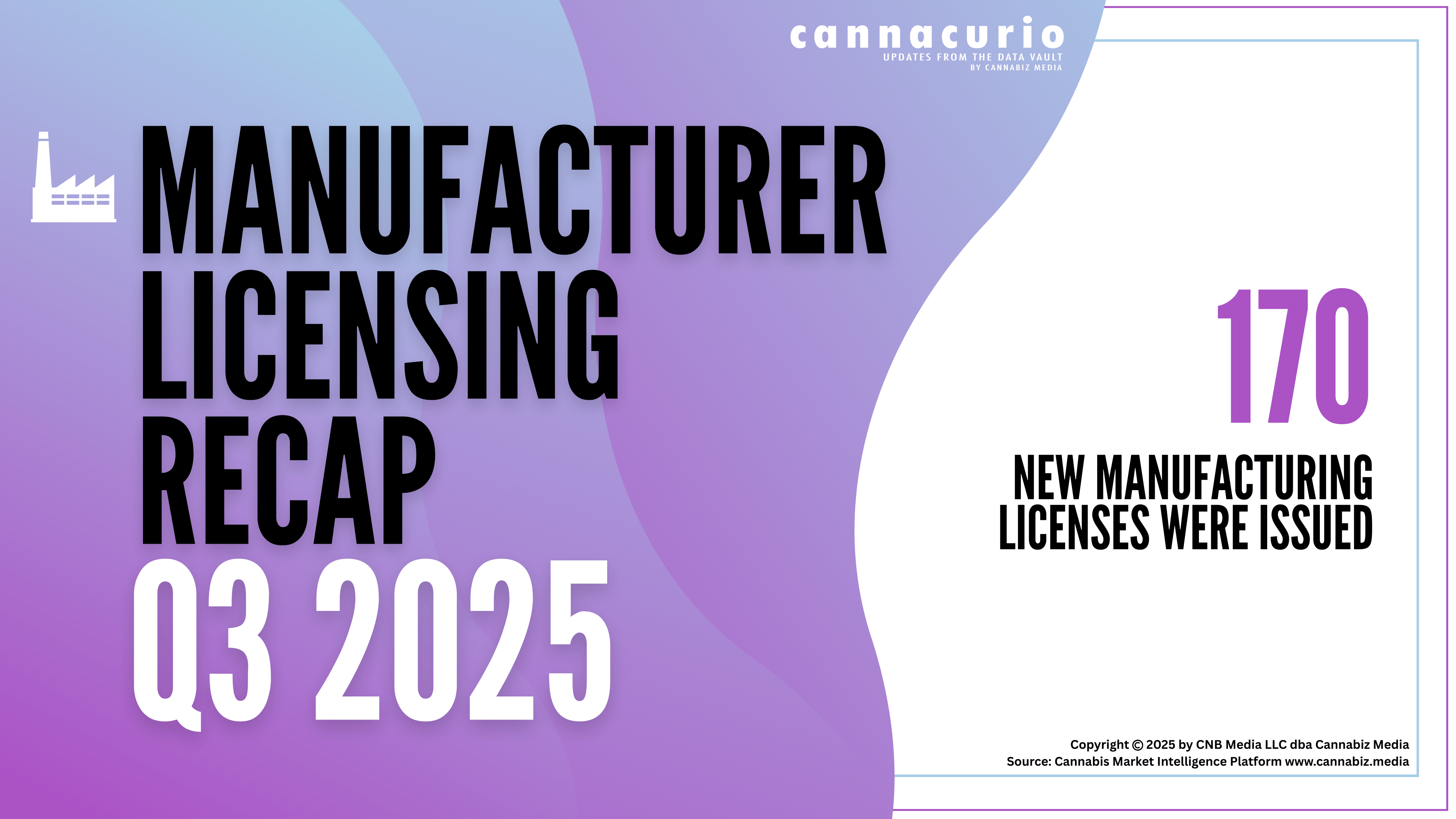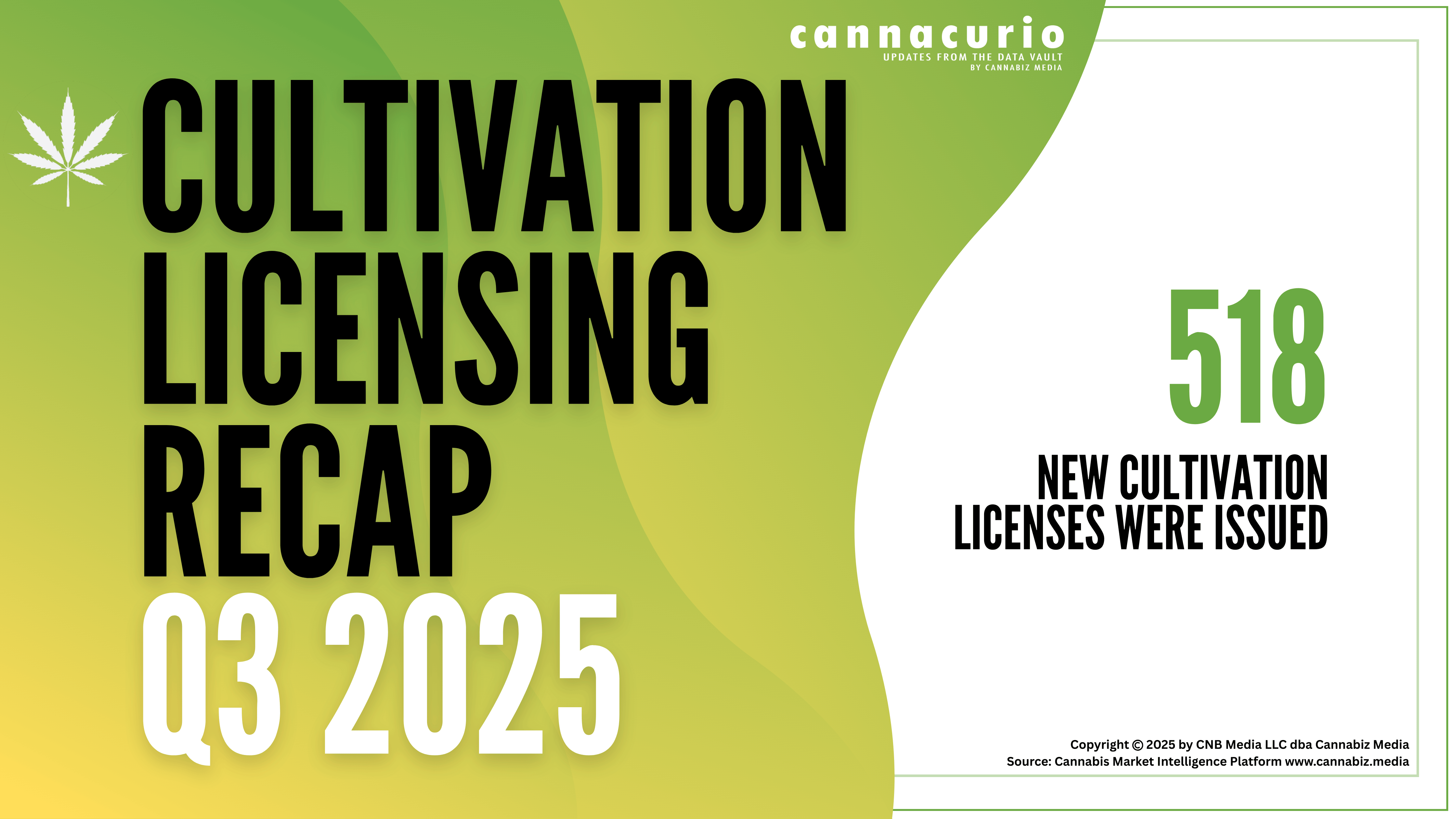
Importance of CRM in the Cannabis Industry
Customer relationship management (CRM) is the process of communicating with and tracking leads and customers to improve interactions, close more sales, and deliver better customer experiences over time. For businesses operating in and with the cannabis industry, CRM can deliver tangible results that directly impact revenue, profits, and brand reputation.
Today, companies of all sizes and at all stages invest in a CRM software tool to more effectively automate and track CRM processes and communications across the customer journey. Their marketing, sales, and customer support teams use CRM software to gain historical perspective about prospective, current, and prior customers in order to engage with prospects and customers at the right times and with the best messages to reach the business’ goals.
Why Cannabis and Cannabis-Related Businesses Should Invest in CRM
Managing the relationship with each customer across the entire buyer journey and customer lifecycle – from the very first interaction through all stages of the marketing funnel and sales pipeline as well as the full lifetime of the customer relationship. The end result is increased sales conversions, higher customer retention, and increased customer lifetime value, which means increased revenue and profits for your business.
In a competitive industry, like the cannabis industry, consumers have a lot of choices. Short-term, transactional thinking isn’t enough to attract and retain customers. Today’s B2C and B2B consumers expect businesses to know who they are and deliver customer experiences that meet their needs. When there is a disconnect between expectations and reality, consumers won’t hesitate to find an alternative business to buy from. You don’t want that to happen to your business.
CRM is essential to meeting B2C and B2B consumer expectations in the cannabis industry. Using a CRM software makes it more efficient and less time consuming to collect valuable data about leads and customers, systematize relationship management, and automate processes across the entire buyer journey and customer lifecycle.
This ensures prospects and customers always have a highly personalized experience with your brand through ongoing communication. As a result, your business will convert more leads into sales and build deeper loyalty among all of your customers so they’re less likely to be unhappy, which could cause them to buy from your competitors in the future.
Why CRM is Important for Marketing
Customer relationships begin with marketing communications to prospects. Gathering leads and getting them into the top of the marketing funnel is the first step for CRM, and when your business invests in a CRM tool, you can centralize data collection and monitoring for all of those leads.
With a CRM tool, every member of your marketing team can track leads - including demographic and behavioral data – to measure their interest in your products and services and deliver the most relevant communications possible to each prospective customer.
CRM software allows the marketing team to segment leads, time communications, personalize messages, and drive the highest return on your CRM investment. With data, systems, and automation available in CRM software, the marketing team can focus on nurturing leads through the marketing funnel that are most likely to convert into sales.
The goal is to move leads through the marketing funnel from cold, to warm, to hot (sales-qualified). When leads become sales-qualified, the marketing team can pass those leads to the sales team who can work on closing sales, while marketing team members continue to invest their time in acquiring new leads and nurturing them through the marketing funnel.
Why CRM is Important for Sales
Your sales team shouldn’t waste time trying to track down information about prospects or communicating with leads that aren’t sales-qualified. Instead, all of that information should be at their fingertips in a CRM tool.
Communicating with prospects is the most important role of any sales position, so it’s critical that their time is spent on the most valuable tasks. Searching for data about a prospect or calling leads who are unlikely to buy runs counter to the business’ goals.
CRM software solves these problems by making it easy for sales representatives to quickly see all of the communications between the business and the customer in one place. Everything is tracked in the CRM software –phone calls, demographic data, email messages they received, email marketing campaigns they opened, links they clicked, notes from team members, contact information, and more. All of this information is helpful for the sales team.
Not only does having quick access to so much data save time for salespeople, but it also gives them insight into who each prospect or customer is, what matters to them, what problems they face, and so on. With this information, sales representatives can tailor their one-to-one outreach so communications resonate with each prospect in the most effective way possible. The result will be more closed sales and more revenue for your business.
Why CRM is Important for Customer Service
Once a prospect becomes a customer, communications and personalization should continue. That’s why it’s called “customer” relationship management. You need to manage the customer relationship from lead to loyal brand advocate, and it never ends. In fact, if relationship management does end, customers are far more likely to leave and buy from your competitors instead of your business.
With that said, a big part of CRM is post-purchase communications and customer experiences to build brand loyalty and advocacy, which lead to word-of-mouth marketing and increased sales from new customers. It can also shorten the sales cycle for new customers.
Therefore, account managers and customer service agents should have access to your CRM software, so they can personalize communications and meet customers where they are. Every customer is different, and the data stored in your CRM software about previous communications, demographics, behaviors, and so on can help account managers and people in support roles deliver better customer experiences, which is the goal of CRM.
Cannabis Industry-Specific CRM Solutions
There are a number of CRM platforms available. You might recognize some key players like HubSpot or Salesforce for example. But when it comes to choosing a CRM for the cannabis industry, generic platforms simply can’t deliver the compliance, data, and workflow depth required to operate effectively in this highly regulated space. That’s where the Cannabiz Media Cannabis Market Intelligence Platform stands apart. Purpose-built for the cannabis and hemp sectors, it combines a robust CRM with the industry’s most comprehensive license database—covering every license holder, application, and enforcement action across the U.S. and international markets. This powerful integration allows businesses to not only manage relationships but also uncover new opportunities, monitor regulatory changes, and stay ahead of competitors—all within a single, compliant system. In short—the Cannabis Market Intelligence Platform is a CRM with the leads and customer data already included so you're not starting from scratch.
If you already utilize a generic CRM, its understandable that employing a second industry-specific platform seems unnecessary or confusing. However, the right partner can offer a seamless and valuable complement without requiring your sales, marketing & customer service teams operate out of two separate environments. Through data syncing and API integrations, users can connect Cannabiz Media’s verified license and company information directly into their existing systems. This means you can keep the tools your team already knows while gaining access to the industry’s most trusted source of cannabis business intelligence—ensuring your outreach, sales, and compliance efforts are always based on accurate, up-to-date information.
Key Takeaways about the Importance of CRM in the Cannabis Industry
Bottom-line, cannabis businesses and ancillary companies are already using CRM software to ensure they get the best results, and your business should be using it too. Take your data out of silos and centralize it in a CRM tool so marketing, sales, and support teams can easily access it. That’s how you deliver better customer experiences that lead to increased revenue and profits.
If your target audience is cannabis and/or hemp license holders in the U.S., Canada, and international markets, then the Cannabiz Media Cannabis Market Intelligence Platform is the CRM software you need to connect with them and deliver the best customer experiences. Schedule a demo to connect your enterprise to accurate & insightful data that empowers business-changing decisions

.png)

